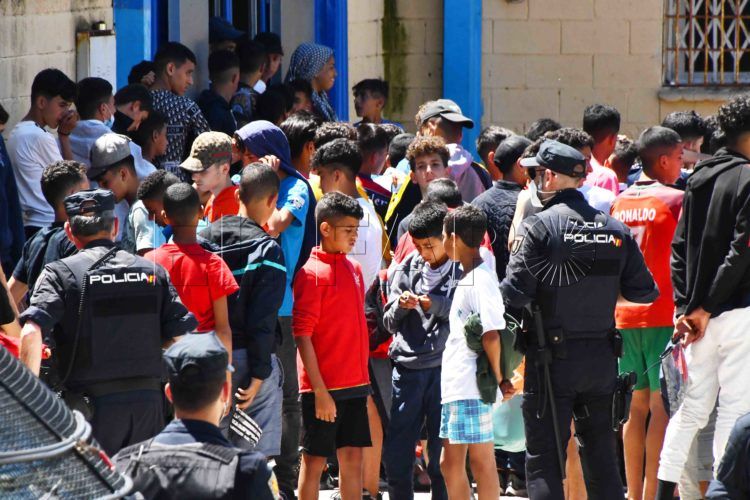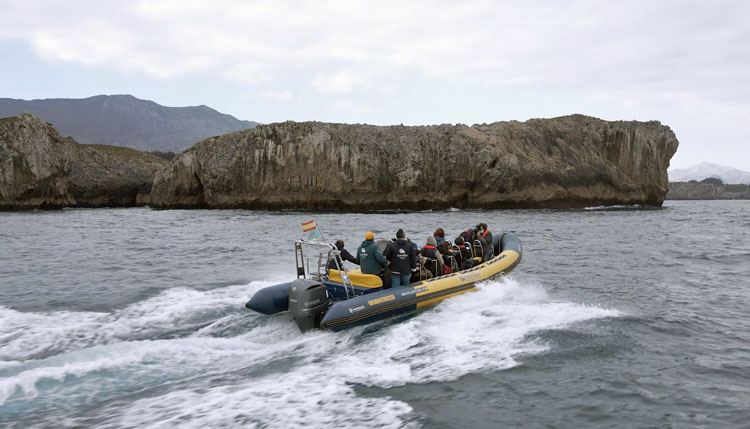The Diplomat
The operation launched on Friday by the Interior Ministry to repatriate to Morocco the unaccompanied minors who have been in Ceuta since the avalanche in May has provoked various reactions, both in state institutions and among Pedro Sánchez’s government partners.
Rabat’s decision to accept the minors has been seen in diplomatic circles as another gesture in the process of rapprochement in an attempt to bring Spanish-Moroccan relations back to the level they were at before the crisis unleashed by the reception in Spain of Polisario Front leader Brahim Ghali.
However, the operation, seen as positive by both the Ministry of Foreign Affairs and the Interior, has been rejected by the Department of Social Rights, headed by Podemos leader Ione Belarra.
Belarra has sent a letter to the Interior, warning that the repatriations to Morocco could represent “a breach of the rights of foreign children in Spain”, which she considers “very serious”. And the State Secretary for Agenda 2030, the communist Enrique Santiago, also criticised that he has criticised the return of minors “without family protection, made without the intervention of the Public Prosecutor’s Office, against the criteria of the Ombudsman and without a return protocol”.
The Attorney General’s Office, for its part, has opened an investigation into the conditions under which the returns are taking place. Neither the State Prosecutor’s Office nor the Ceuta Prosecutor’s Office is aware of the repatriation plan established between Spain and Morocco, according to legal sources quoted by Efe.
Yesterday, a new group of fifteen minors were returned to Morocco, after being taken from the Santa Amelia pavilion and transferred to the Tarajal border. At that point, the minors were handed over to the Moroccan authorities of the Directorate General for Children, which will continue to be done with groups of 15 young people a day.
After the start of the operation, fifty boys who were housed in the pavilion escaped from it to avoid being returned to Morocco, and there have been repeated attempts to escape in the last few hours.
Sources from the Government Delegation in Ceuta told Efe that what has been agreed with Rabat is that once the minors are handed over to the Moroccan authorities, they will take charge of finding the minors’ families, and in the event that this is not possible, they will be placed in a Moroccan reception centre. The return of unaccompanied minors is included in a bilateral agreement with Morocco, but since its last revision in 2012 it had not been activated.
The Ombudsman, Francisco Fernández Marugán, has called for an immediate halt to the repatriations, as has the General Council of Lawyers, which considers that they may not respect international norms and conventions, as well as two rulings by the Spanish Constitutional Court, all of which demand that the protection of minors be ensured and that each case be followed individually.
Several associations and non-governmental organisations have also opposed the returns, while the second vice-president of the Autonomous City of Ceuta has assured that “minors who are not vulnerable are being transferred” and has emphasised that those who suffer some kind of mistreatment or harassment “are not within this procedure”.







